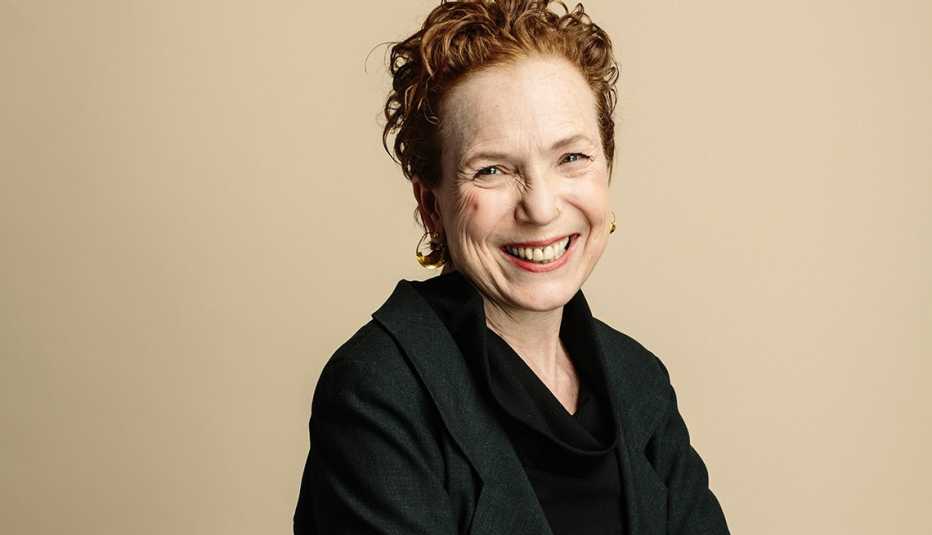AARP Hearing Center


“I want to use the arts to help people heal and bring them into states of self-liberation.”
While restoring musical instruments at her workbench in 2012, Anne Pollack was listening to a program on CNN about the prevalence of human trafficking around the world. “I was completely horrified to learn” about the number of people forced into sex trafficking, labor trafficking and other forms of trafficking, says Pollack, a professional musician who also runs a small business restoring and selling musical instruments. “I’m well informed about the history of slavery in the world, but I wasn’t informed about human trafficking.”
An estimated 25 million people around the globe are victims of forced labor, according to a 2017 report by the International Labor Organization and the Walk Free Foundation, and the number of reported cases of human trafficking in the United States continues to rise each year.
Pollack was so shaken by what she’d heard that she decided to attend a seminar run by the Polaris Project that explored how people get stuck in the trafficking trajectory. But she wanted to do more than simply donate money to the organization, which is dedicated to fighting human trafficking. Six months later she came up with an idea for how to help: Pollack started an organization that became a nonprofit known as Crossing Point Arts, which brings the arts to survivors of human trafficking in New York City and Westchester County, N.Y.
The organization hires teaching artists in different disciplines who are trained to work with people who’ve experienced trauma. They hold weekly expressive arts workshops in conjunction with antitrafficking agencies. The one- to two-hour sessions, which feature music, dance, visual arts, drama, spoken word or song creation, are free for the survivors. The idea is to equip them with therapeutic tools that will help them to reclaim their voices, develop effective long-term coping mechanisms and better manage post-traumatic stress. In the past five years, the program has reached 2,200 people, mostly women between the ages of 12 and 55, in the New York City area.































.jpg?crop=true&anchor=13,195&q=80&color=ffffffff&u=lywnjt&w=2008&h=1154)




























